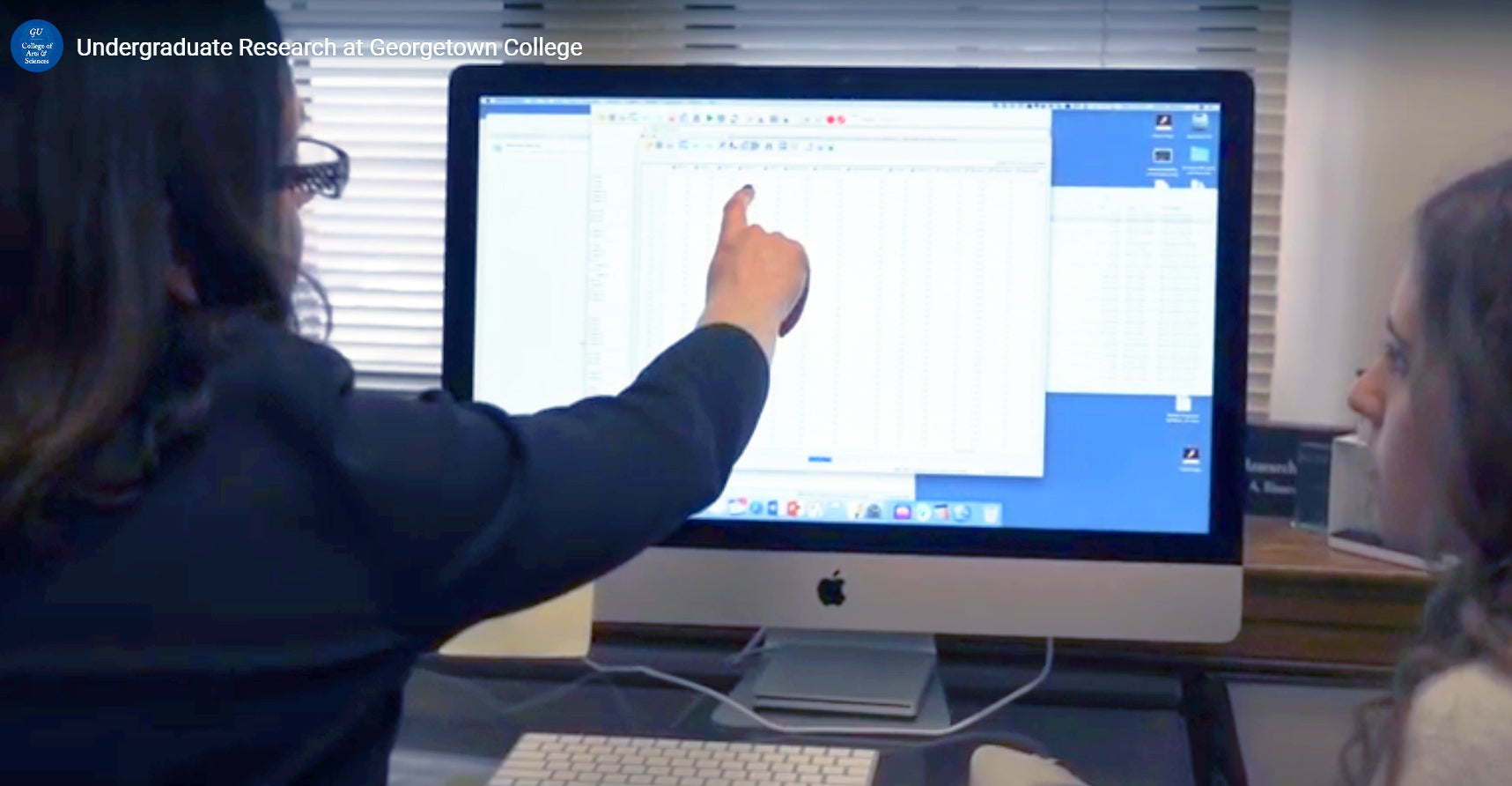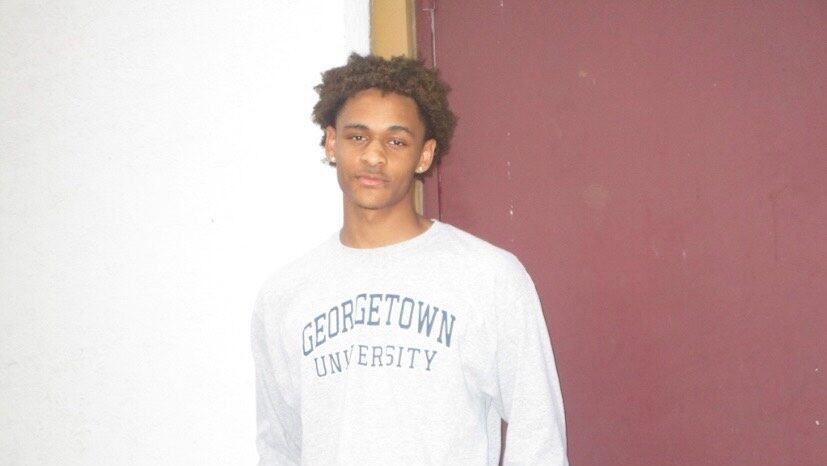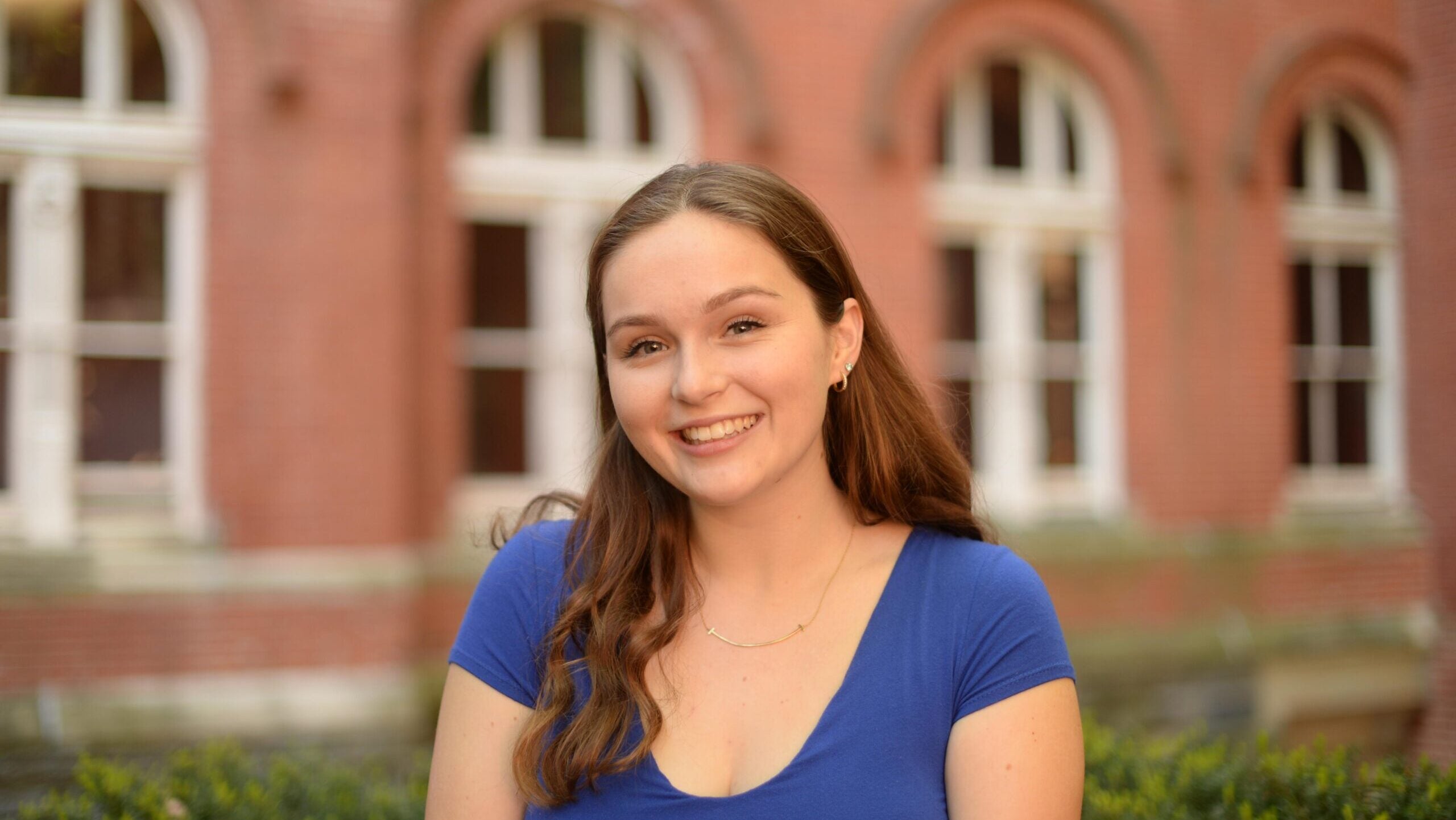Dream It — Do It
After engaging in research with faculty supervision, students may dream up their own questions and create their own projects. In these ways, students chart their own paths toward original questions and deeper knowing.
The purpose of our university is not the acquisition of knowledge but the search for deeper knowing. Rather than imagine your education as downloading information or facts, reimagine your education as a process of seeking, questioning, probing, arguing, and creating.
The primary responsibilities of faculty are to research, teach, and guide students. The primary responsibilities of students are to learn how to learn and to continue this quest for the rest of their lives. Faculty are primarily involved in the search for and creation of new knowledge, but faculty invite students to join with them to learn methods and approaches.

After engaging in research with faculty supervision, students may dream up their own questions and create their own projects. In these ways, students chart their own paths toward original questions and deeper knowing.
Students explore research methods through an introductory course to a field of knowledge (for example, ENGL 1090 – Critical Methods, FMST 1100 – Gateway to Film & Media Stds, JUPS 2010 – Nonviolence Theory & Practice, PSYC 2000 – Research Methods & Statistics, or SOCI 2901 – Methods of Social Research)
Students join with faculty in a research project, serving as research assistants via GUROP.
Students propose their own original research projects, seeking summer fellowship funding via Davis, Kalorama, Raines, Andretta, GUROP, etc.
Students bring back their summer research and develop this material into a thesis, capstone, or independent project in the senior year. Students present their research via on-campus symposia (including the College Academic Council Research Colloquium in the spring) and off-campus conferences (supported by PURPAS grants).
Students use their undergraduate research projects as stepping stones to further research, creative projects, fellowships, jobs, graduate study, public service, etc.
Continue to ask questions and pursue deeper knowing as key activities in lives of purpose.

News Story
Evan Cole (C’26) Awarded Dual Fellowships for Summer Research and Career Building
Evan Cole (C’26) has been accepted into the Institute for Responsible Citizenship’s selective Washington Program.
May 28, 2024

News Story
How Isabel Powell (C’24) Uses Public Health Research to Improve Lives Around the World
Graduating senior Isabel Powell (C’24) reflects on public health research conducted around the globe during her time as an undergraduate.
May 10, 2024

News Story
How Machine Learning Could Transform Work in Physics Labs Across the Country
Recently published research from Bradley Fugetta (C’23), Gen Yin and collaborators could transform the way physics labs around the world study the magnetic properties of different materials
January 22, 2024